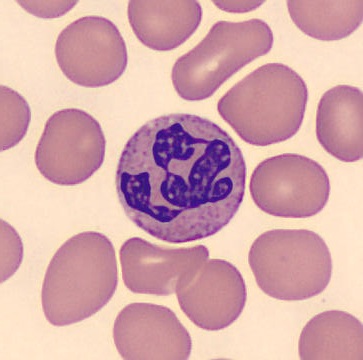Read article:
The Detailed Guide On Understanding The Need For Blood Analysis
Read article:
Blood Test analysis interpretation. DDxHub - Differential diagnosis on-line system
Blood tests that can determine your risk of heart disease
Your individual risk of heart disease is determined by several factors, such as your age, family history, and other medical conditions.
During routine medical visits, your physician may recommend you get standard blood tests to check your overall health. Ideal levels are usually set based on large research studies. We will discuss these tests in more detail here, along with the "ideal level" for each of these tests. Based on your age, family history, and risk factors, you may also need additional blood tests to determine your risk of developing cardiovascular disease (including heart disease and strokes).
In people experiencing heart symptoms, different, more specialized tests can determine if there is an immediate heart problem or if there has been heart damage. Below, we'll identify which blood tests can give insights into your heart health and when they are useful. Since lab values can differ slightly from lab to lab, and because every "body" is different, it is important that you discuss your results with your healthcare provider so you can know what your blood test results mean for you and your health. When you see a healthcare provider, they may order certain blood tests to help determine your cardiac risk, including:
Lipid profile, including blood cholesterol levels and triglycerides
High-sensitivity C-reactive protein (hs-CRP)
Lipoprotein
Apolipoprotein B
Along with a detailed medical history and physical exam, these blood tests can help paint a picture of your overall heart health and risk for cardiovascular disease.
Blood tests are also used to:
Help diagnose certain diseases and conditions
Monitor a chronic disease or condition, such as diabetes or high cholesterol
Find out if treatment for a disease is working
Check how well your organs are working. These tests are used to find out if you've had a heart attack and/or if your heart muscle is damaged.
Blood tests to check for heart disease. This test measures different parts of your blood, including red and white blood cells, platelets, and hemoglobin. Your organs include your liver, kidneys, heart, and thyroid.
Help diagnose bleeding or clotting disorders
Find out if your immune system is having trouble fighting infections
What are the different types of blood tests?
There are many different types of blood tests. These tests can show if you have a disorder that causes too much bleeding or too much clotting.Blood tests are used to measure or examine cells, chemicals, proteins, or other substances in the blood. Blood testing, also known as blood work, is one of the most common types of lab tests. A CBC is often included as part of a regular checkup.
Basic metabolic panel. Some of the most common types are troponin and creatine kinase tests. There are many types of blood enzyme tests. Common ones include:
Complete blood count (CBC). These include cholesterol tests and a triglyceride test.
Blood clotting tests, also known as a coagulation panel. Blood work is often included as part of a regular checkup. Enzymes are substances that control chemical reactions in your body. This is a group of tests that measure certain chemicals in your blood, including glucose, calcium, and electrolytes.
Blood enzyme tests.
 Published: 21 Apr 2024
Published: 21 Apr 2024